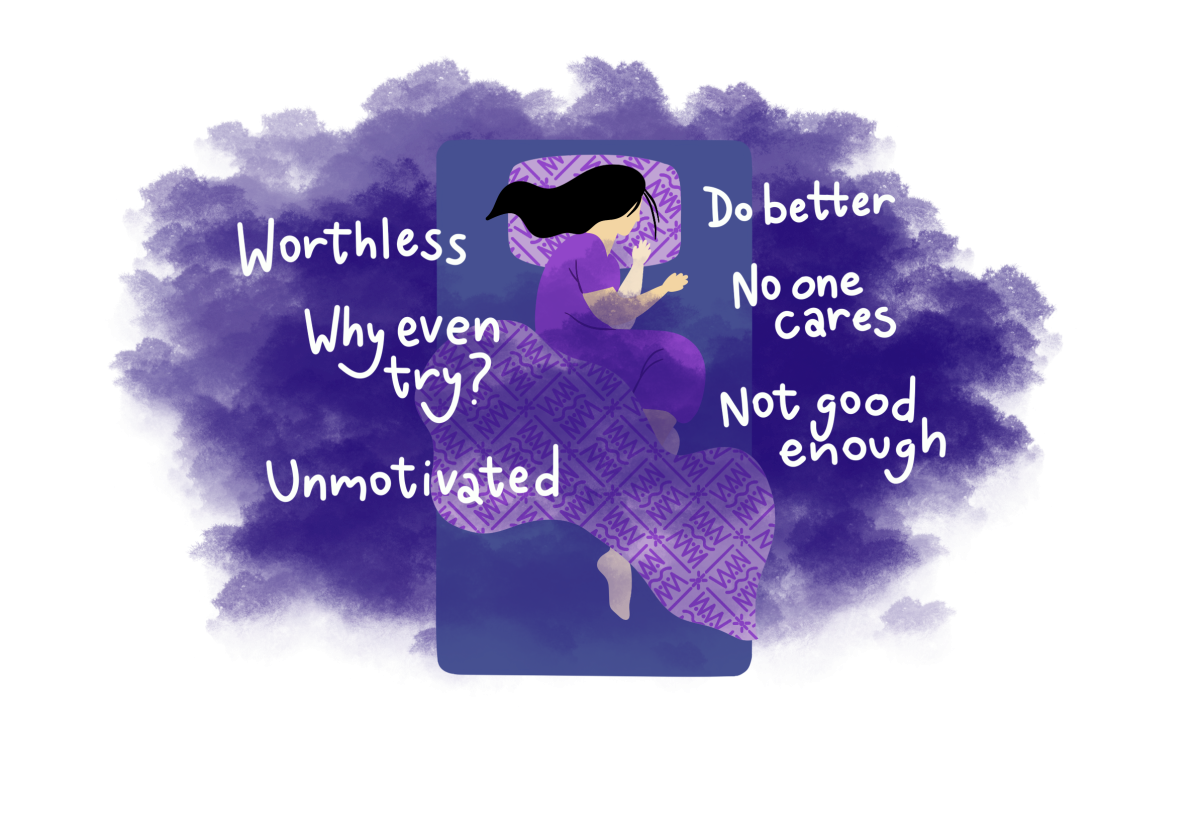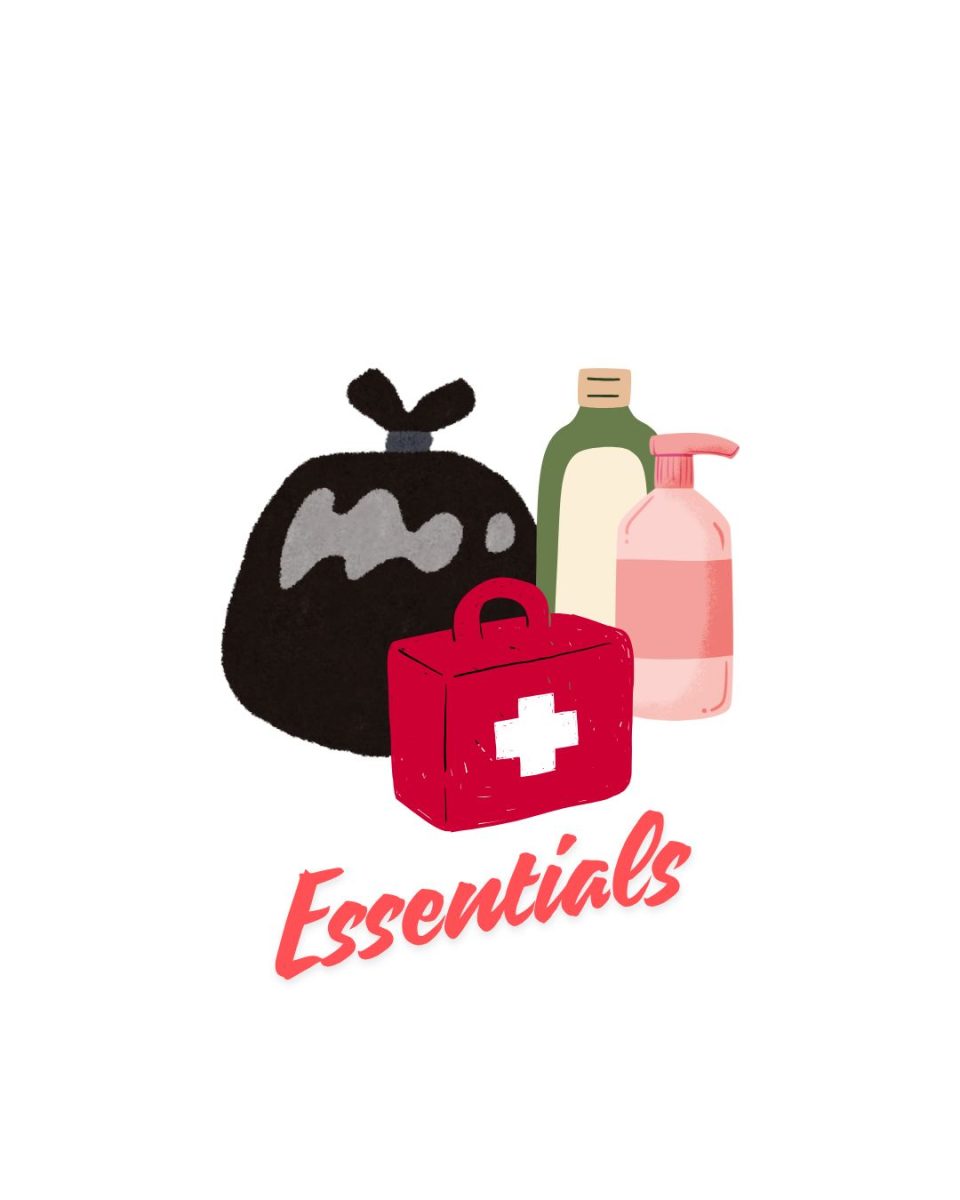The seasons, temperatures and daylight hours are changing. So are people’s moods and mental health. Around this time of year a term that gets thrown around a lot, supposedly to describe this change of general disposition, is seasonal depression.
Seasonal depression is a real condition that is formally called Seasonal Affective Disorder (SAD). Symptoms include extreme fatigue, trouble concentrating, weight gain, loss of interest in usually pleasurable activities, withdrawing from social activities, and feeling depressed for most of the day, almost every day. According to the Cleveland Clinic, about 5% of adults in the U.S. experience SAD and it is most common for individuals between the ages of 18 and 30. It is advised that if you believe you have SAD you do not self-diagnose and that you seek out help from a healthcare provider, especially because SAD is typically related to a more complex mental health condition.
I offer this definition as a reminder that it is important to be conscious and mindful when including medical vernacular in our everyday vocabulary. It’s also especially important to keep in mind that affordable and accessible healthcare is not a reality for everyone.
Still, so many of us sigh, nod our heads, or verbalize agreement, saying things like “felt that” or “so real” when we hear the words “seasonal depression.” Seasonal depression is extremely common. It’s a shared experience between most of us and you are not alone. So whether or not we are experiencing SAD, most of us notice a troubling shift in our mental well-being this time of year.
I am not a mental health professional, and I haven’t studied psychology or anything of the sort. However, I am a person with a diagnosed depression disorder who has experienced depressive episodes with symptoms that worsen this time of year. I’ve been fortunate enough to have access to mental health care and years of therapy that have helped me manage generally well.
So whether you are dealing with mental illness or just generally struggling with mental well-being right now, here is the most helpful thing I’ve found for working through the difficult days, weeks, and sometimes months. Talk about it. Reach out and talk about it.
That’s not always easy and recovering is rarely as simple as one thing, but the best way to start feeling better is to start a conversation.
First and foremost, if you are able to access it, the first line of defense against mental illness is professional help. Therapy is a wonderful thing and I highly recommend it to anyone who can get it. I personally have been in therapy for 3 years. I was lucky enough to get in the door during the worst depressive episode I’ve experienced. It was around this time of my freshman year and I had left campus and gone home for over a month. At that time I was terrified, lost, and exhausted. I won’t get into the details but I can confidently say therapy saved my life.
Even when I wasn’t in crisis and feeling like my world was on fire, it helped me learn about who I am, work through past traumas, and made managing day-to-day life as a young person learning to navigate the world all that much easier. That being said, it can take a long time to find a therapist, so if you are in a crisis, like with any medical emergency, go to the hospital and seek out immediate medical care.
Reaching out goes beyond seeking out professionals. Talking about your experiences, feelings, and overall well-being has several benefits for you as an individual and even for the people around you. When our mental health is at a low it’s hard to believe that the people in our lives care enough to listen. But they do, from your close friends and family to your professors and classmates. It’s easy to feel like a burden, but when you put yourself into the shoes of others, it’s hard to think of anyone you wouldn’t be willing to help if the roles were reversed.
Opening up not only helps you work through and express how you’re doing, it lets other people know where you’re at. I’ve sent many emails to professors explaining that I won’t be in class or that my assignments aren’t going to get done or will be late, not because of any emergency or unexpected occurrence, but because I was struggling with mental health. Those messages were not easy to send, there was fear of being brushed off or appearing lazy. I was embarrassed and felt guilty. I found though, that most of the time honesty is not only respected but the best possible approach. The people teaching you want to see you succeed, and in my experience, reaching out was always met with compassion and help. Those tough-to-send emails opened doors to more conversations about how to succeed in the class despite the personal challenges and obstacles I was facing.
Telling my loved ones about how I was doing helped in a way further than airing my stressors and emotions too. It helped to explain my behavior and notify people that I could use the extra check-ins and help when possible. Suddenly, when I couldn’t bring myself to text back or make plans for long periods of time, the people in my life knew where I was coming from and that it wasn’t personal. When I let people know what was going on internally and what I needed, they were there to help in whatever way they could. My closest friends have helped me clean my depression room more times than I can count, with no judgment and no questions asked. My mom has dragged me out of the house to move my body and walk around our neighborhood with her, even when getting out of bed felt like crawling out from mounds of rubble. It’s annoying in the moment, but sometime after I always realize it’s exactly what I needed.
Mental health is hard. Everyone struggles, but everyone is capable of overcoming. Getting better is rarely as simple as talking, but it gets the ball rolling. It starts a conversation that needs to happen. Like my mother’s walks around the neighborhood, while simple and sometimes unappealing, you’ll be glad you did it. I believe in you.
For comments/questions about this story, DM us on Instagram @thewhitatrowan or email [email protected].
























































































































































!["Working with [Dr. Lynch] is always a learning experience for me. She is a treasure,” said Thomas. - Staff Writer / Kacie Scibilia](https://thewhitonline.com/wp-content/uploads/2025/04/choir-1-1200x694.jpg)









































